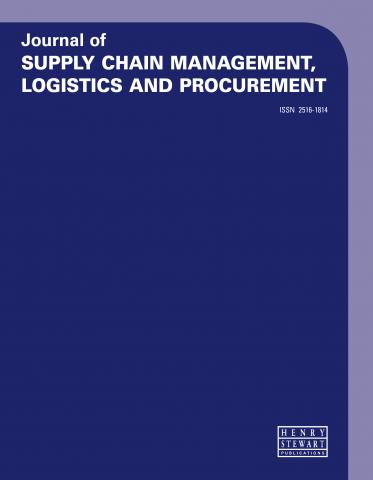"I am pleased there is going to be a journal focused on this. There was a clear gap in the market for a publication which helps us understand more about the strategies adopted by digital banks and how FinTech can help them."
The challenges and opportunities of free trade agreements: How global trade automation can help
Click the button below to download the full text of the article.
Abstract: Free Trade Agreements (FTAs) and other preferential programmes are a two-headed beast: for almost every business, they can bring substantial benefits through duty reductions and offer strategic competitive advantages. They also create new compliance risks and bring added competitive pressures to the market. The overall prominence and impact FTAs have on global trade have drastically increased in the last 20 years. The utopia of a worldwide market with no barriers, no customs and no constraints, as dreamed by the World Trade Organization (WTO), is no more.
The balance of power in geo-politics, and popular rejection of an uncontrolled mundialisation, have replaced that dream with an explosion in bilateral and multilateral trade agreements throughout the world (see Figure 1 for a glimpse of preferential agreements available for the EU). With this proliferation of agreements, how does a company set in motion the changes needed to leverage these FTAs; including the preparation, process changes, risk assessment and supplier/product qualifications? And they must do this while also having to cope with the ever-changing sourcing, manufacturing and selling strategies dictated by a truly global environment, with developed and emerging markets both crucial to business success. It is like jumping on a train while it is moving at 100 kmh. The response is obvious: with dedicated resources, processes and software automation, integrating preferential origin into the whole value chain, gaining strategic competitive advantage — and margin basis points — through every step of the way.
Keywords: Free Trade Agreements, duty reduction, preferential origin, rules of origin, supplier solicitation, BOM qualification, digitalisation, sourcing, manufacturing, agility



